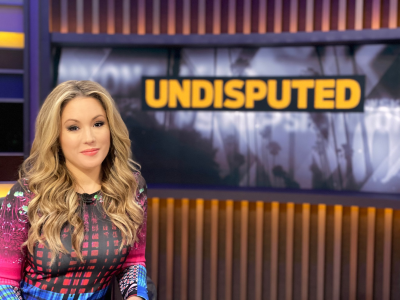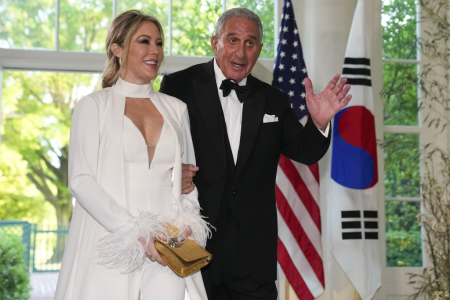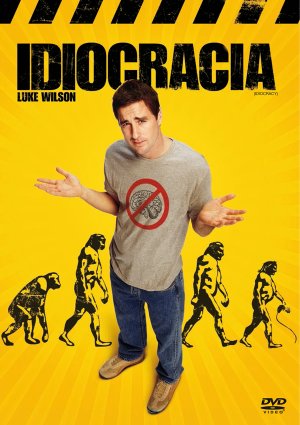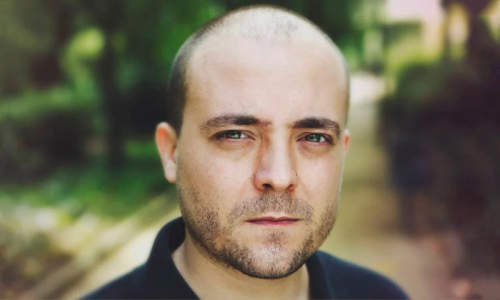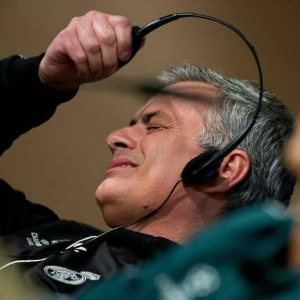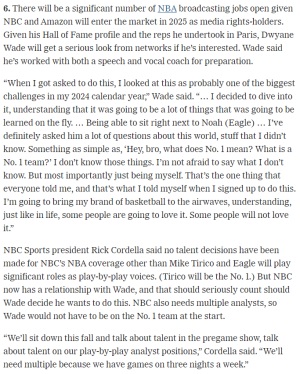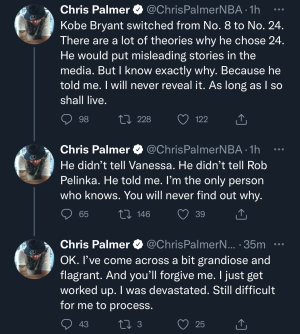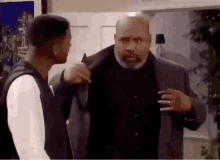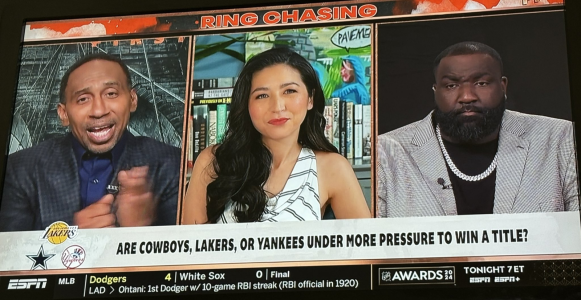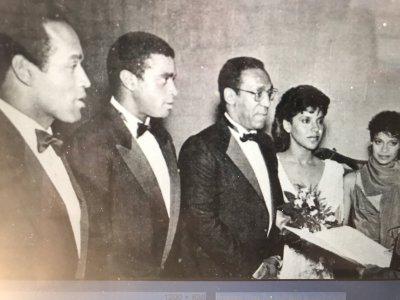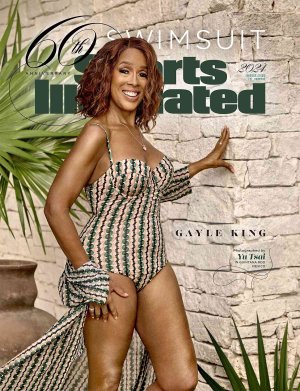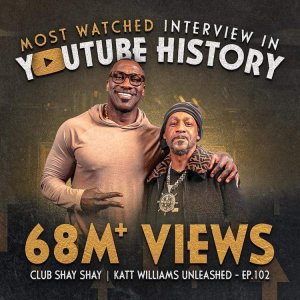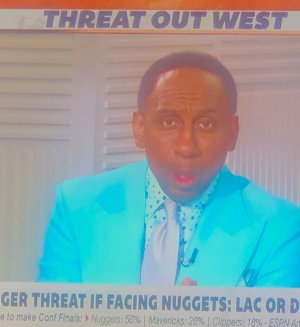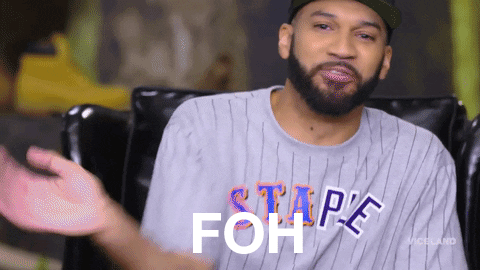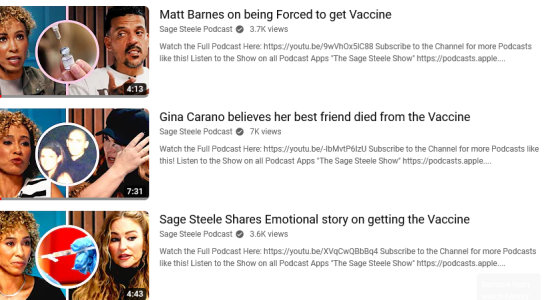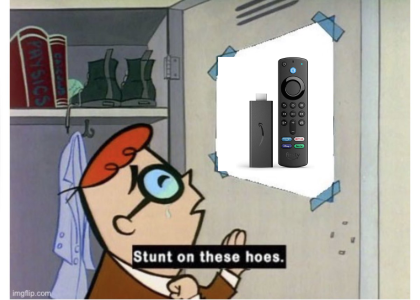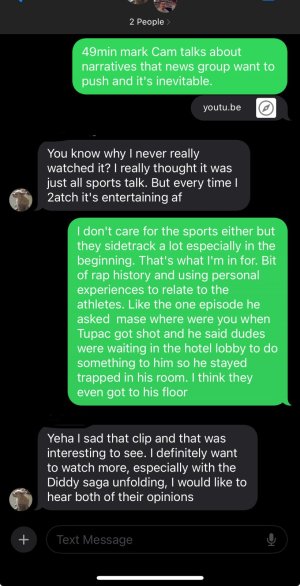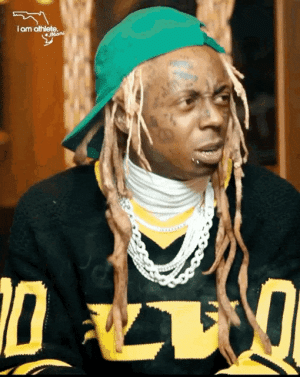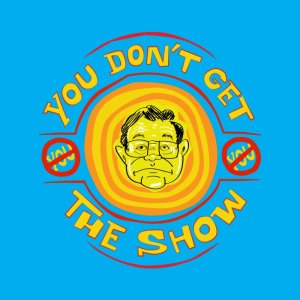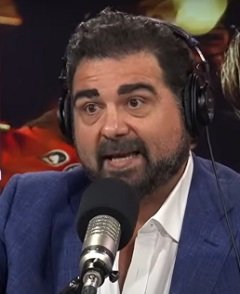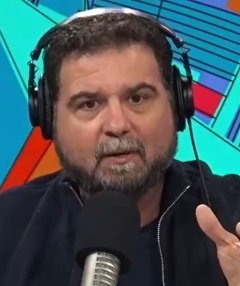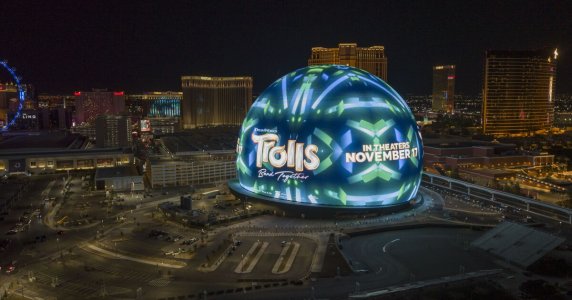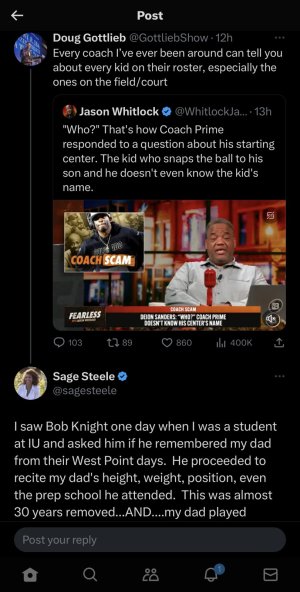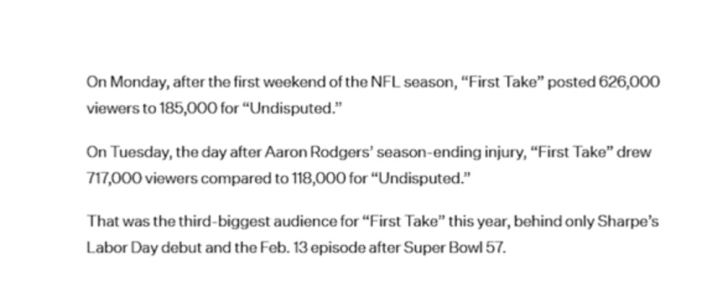[h1]
Inside the Shocking, Abrupt Divorce of Bill Simmons and ESPN[/h1]
The co-author of the definitive history of ESPN,
Those Guys Have All the Fun, reports on how the network and its biggest star met their bitter end.
by
The union of Bill Simmons—columnist, commentator, on-air personality, and human hot button—and ESPN, the sports media colossus he’s called home for almost 15 years was no ordinary marriage. It was instead a bizarre, fabled partnership, with triumphs and setbacks and a seemingly endless stream of gossip and drama, both inside ESPN’s corporate campus at Bristol, Connecticut, and on the Internet. It was arguably one of the most important affiliations ESPN had ever entered into with a single individual; Simmons parlayed an online column and rabid fan base into a fiefdom that included the Web site Grantland, the
30 for 30 documentary series, and a starring role as an on-air NBA commentator. And now, it’s over.
Simmons’s contract with ESPN expires later this year. The network’s president John Skipper
made it official on Friday when he told
Richard Sandomir of
The New York Times, “I decided today that we are not going to renew Bill Simmons’s contract. We have been in negotiations, and it was clear it was time to move on.”
How about that for a shocking finale—not only to Simmons’s employment with ESPN but also to his relationship with Skipper, the man Simmons once considered the best guardian of his interests at the network, if not in the world? When Skipper was head of content for ESPN under then-president George Bodenheimer, he and Simmons forged a bond that was critical in Simmons’s decision to remain at ESPN the last time negotiations were
hammered out in 2010. That contract, worth around $5 million per year, made Simmons the highest paid piece of talent in the network’s history up to that moment.
Later, when Skipper got Bodenheimer’s job and
became ESPN president in 2011, the executive dug much deeper into the business side of the company and deeper into duties other than being Simmons’s protector. Simmons was left largely to fend for himself amongst the ground troops in Bristol, and neither he nor they were pleased with the arrangement. Many in Bristol believed Simmons, who ran his mini empire a continent away
in Los Angeles, had a heightened sense of entitlement, and operated as if certain rules simply did not apply to him. They resented the fact that he sought, and sometimes got, larger roles in decision making and policy making than talent typically did.
Problems and tensions were clear to many throughout 2014. Then all hell broke loose in the fall when, at the height of the Ray Rice domestic abuse scandal, Simmons called NFL Commissioner Roger Goodell a liar
during a segment on his podcast. ESPN suspended him.
The suspension was supposed to include a two-week dock in pay, but when he looked at his paychecks afterward, Simmons could hardly help noticing that the checks were for the usual amount. He interpreted this as ESPN holding out an olive branch; the public censure had been just for show, Simmons thought; there was no financial penalty after all. That might have smoothed things out between Simmons and management—but on December 19, Simmons opened his pay envelope and was not pleased. Two weeks’ worth of salary wasn’t there: “Merry Christmas, Mr. Simmons—here’s your lump of coal.” Simmons had had enough. The chances of him staying at ESPN from that point onward became less and less probable.
Even so, Simmons was curious to see what would happen when ESPN started seriously talking about a new deal. There was one broad conversation. Simmons made a point of not putting forth any specific requests—a pre-emptive strike against ESPN trying to say later, “We were unwilling to meet his demands so we didn’t renew him.” But no dollar amounts were specified, and no actual back-and-forth negotiations went on.
Minus any set of definitive demands from the Simmons team, ESPN negotiators didn’t have much to say “no” to. Both sides retreated, then ESPN never re-engaged. There were two or three months of silence during which Simmons became increasingly bothered by three key factors:
He was hearing more and more that Skipper’s people in management were badmouthing him;
Management hadn’t added to the head count at Grantland since May of 2014, and;
It was clear to many that Bristol was trying to bury the idea that Simmons had been some kind of magical auteur behind everything classy at ESPN. Bristol was no longer putting him forward for features about the 30 for 30 documentary series, despite the fact that he had been one of the chief architects and a major driving force behind the venture. In fact, Simmons and ESPN exec Connor Schell had written what proved to be a vital memorandum trying to save the project after its first round of documentaries concluded.
Simmons believed he had valuable instincts about what was best for ESPN content—certainly for
his ESPN content—and he wanted a spot and a voice at the table. This worked fine for such high-profile company projects as Grantland, the stylish and much-discussed website that Simmons helped create, and it worked fine, too, for the highly acclaimed
30 for 30, into which Simmons had considerable input. On those
two projects, bosses recognized his contributions and gave him prominent roles and unusual autonomy.
When it came to coverage of the NBA, however, everything heated up, including Simmons. Before long, you had a mighty Bristol quagmire. Simmons and the NBA production team rarely saw eye-to-eye. On
NBA Countdown viewers could tell that Simmons felt more comfortable, for instance, with Michelle Beadle as co-host than with Sage Steele; it showed on the air. He also seemed frustrated by what he considered the inadequate amount of time devoted to halftime, and other ancillary shows, and objected to slotting pre- and post-game coverage directly opposite big playoff games on other networks. To him, that was intentionally scuttling of ESPN shows, suicidal programming.
You didn’t have to be Nostradamus to see that things were looking bleak for the team of Bill Simmons and ESPN. When Simmons appeared on the
Dan Patrick Show on Thursday, he once again attacked Goodell, saying with
a certain formality that Goodell lacks “testicular fortitude.”
Simmons has always believed that he can only do his job well if he is free to speak his mind on any subject, even if it’s directed at Goodell. (In 2011, the NFL sold broadcast rights for
Monday Night Football to ESPN
in a deal spanning through 2021 and costing $15.2 billion.) The appearance with Patrick, however, proved a tipping point. Skipper decided to cut his losses now, and announce Simmons’s departure, four months before his contract was up in September.
ESPN will still own intellectual properties like Grantland and the wildly popular podcast, the
B.S. Report. One executive was even heard starting to plan who else might host the
B.S. Report. Maybe the executive thinks that “B.S.” stands for something other than “Bill Simmons.”
Simmons, meanwhile, has already had multiple offers and will no doubt wind up having more autonomy and, possibly, a bigger paycheck wherever he lands in his post-Bristol existence.
In the end, one could say with minimal originality, but considerable accuracy, that Bill Simmons simply flew too close to the sun. He miscalculated how much value ESPN put on him and on his unique abilities and talents. He might also have forgotten a cardinal company rule that remains sacred whether it’s ESPN’s Old Guard talking or its new one: Nobody, but nobody, can be bigger than those four initials.
On the other hand, it could be said that Bristol forgot a kind of cardinal rule itself: In an era where fans can get not just scores but highlights, and a ton more, on their smart phones, distinctive and original content is the way to engage and hold onto an audience plopped in front of big 99-inch screens. That content often comes with a big price tag—and with a requirement that the people with unique abilities and talent who create it be treated like the stars you’ve paid for.







